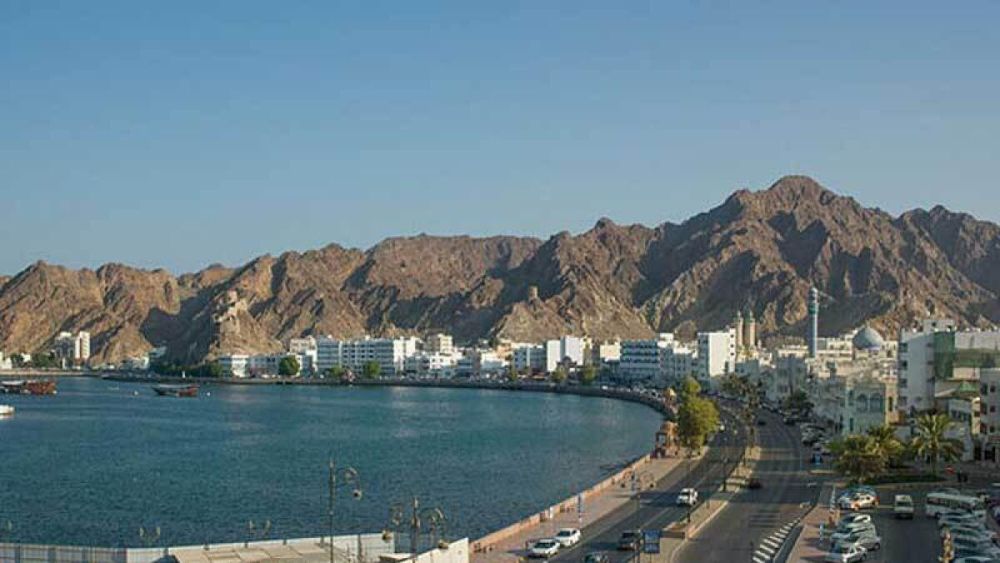

The history of tourism in the Buraimi region, which spans across the border of Al Ain in the United Arab Emirates and Oman, is deeply rooted in its unique blend of culture, history, and natural beauty. The region is known for its oasis towns, and its cultural landscape is intrinsically linked with the Bedouin traditions and the historical trade routes that crossed the Arabian Peninsula.
Historically, Buraimi served as a vital crossroad for caravans traversing the deserts. As such, it naturally became a meeting point for different cultures, a tradition which has contributed to its appeal as a tourist destination. The oasis of Al Ain and the surrounding areas have been inhabited for over 4,000 years, as evidenced by archaeological sites like Hili, which attract historians and tourists alike.
The region's tourism industry began to formally develop in the latter half of the 20th century. The discovery of oil wealth in the adjacent United Arab Emirates and evolving political landscapes led to increased interest and investment in the infrastructure and historical sites within Buraimi.
Significant attractions such as the Al Ain National Museum, the restored Al Jahili Fort, and the cultural sites of Bat, Al-Khutm, and Al-Ayn (UNESCO World Heritage Sites), have served to bolster the region's profile as a tourist destination. As the area continued to develop, the focus has been on balancing modernity with cultural preservation.
In recent years, the tourism efforts in Buraimi have focused on promoting eco-tourism and cultural experiences. The region's government has invested in improving public spaces, including the Al Ain Oasis and Jebel Hafeet, providing visitors with unique insights into the region's natural and cultural wealth.
Eco-tourism has been gaining traction, with offerings that include camel treks, desert safaris, and visits to date farms—allowing visitors to experience traditional modes of life. Adventure tourism is also growing, with activities like rock climbing, off-road driving, and hiking, showcasing the region's dramatic landscapes and engaging more active travelers.
Moreover, heritage tourism continues to thrive, with the annual Al Dhafra Festival celebrating traditional Bedouin culture, featuring camel beauty contests, saluki races, and falconry, drawing visitors both regionally and internationally.
The focus on sustainable and responsible tourism practices in Buraimi reflects a broader trend in the travel industry. Efforts to preserve the natural environment, support local communities, and maintain the authenticity of cultural practices have been paramount in shaping the modern tourism narrative of the region.
With its rich heritage, stunning natural wonders, and commitment to sustainability and culture, the tourism industry in Buraimi, Al Ain, Oman continues to serve as a model for other destinations in the Arabian Peninsula.